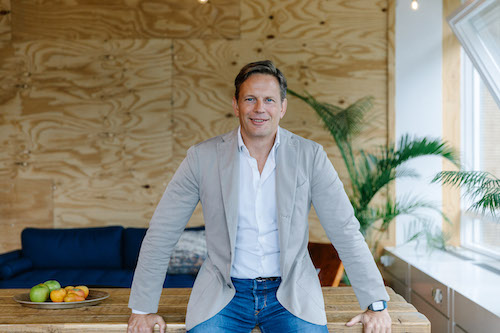Online branded payments now run the gamut of anything from Spotify vouchers, Netflix vouchers, Neosurf, PaySafe cards, and everything in between. Consumers use them to pay for a variety of things. In Europe, they are an increasingly big business. Now, European branded payments fintech Recharge.com has raised €10 million ($11.8 million) in a debt funding round led by London-based Kreos Capital, a growth debt provider for high-growth companies. In 2019 the Dutch startup (formerly Creative Group) took investment of €22 million from Prime Ventures.
Recharge has also appointed Michael Kent — who previously founded payments companies Small World and Azimo, along with U.K. neobank Tandem — as its non-executive chairman.
Recharge.com says it plans to use the funding to extend its mobile offering, product range and expand in regions such as North America, Latin America and the GCC. It’s also aiming for sales of €450 million in 2021.
Günther Vogelpoel, CEO of Recharge.com, said in a statement: “We live in a world of instant wish fulfillment, from taxis that appear on demand to same-day delivery of consumer goods. Recharge.com gives customers a fast, safe and simple way to fulfill their wishes, whether that’s an essential remittance or access to digital goods and services.”
Commenting, Kent said: “The era of supermarket gift cards and mobile top-ups is drawing to a close. Branded payments have exploded during the global lockdown as consumers seek digital alternatives to the high street. People are now aware that online branded payments are safe, fast, and convenient.”
Through a range of digital vouchers from brands including Apple, Google, Spotify, Xbox and PlayStation, as well as cross-border remittances of call, data credits etc., Recharge is attacking the market from the consumer angle.
The biggest company in this space is Blackhawk Networks, which is owned by private equity group Silverlake. It’s considered a large player in Europe, which has a direct-to-consumer model.
As Kent told me over a Zoom call: “Nobody actually owns the consumer side of this business globally so that’s the big opportunity.”
